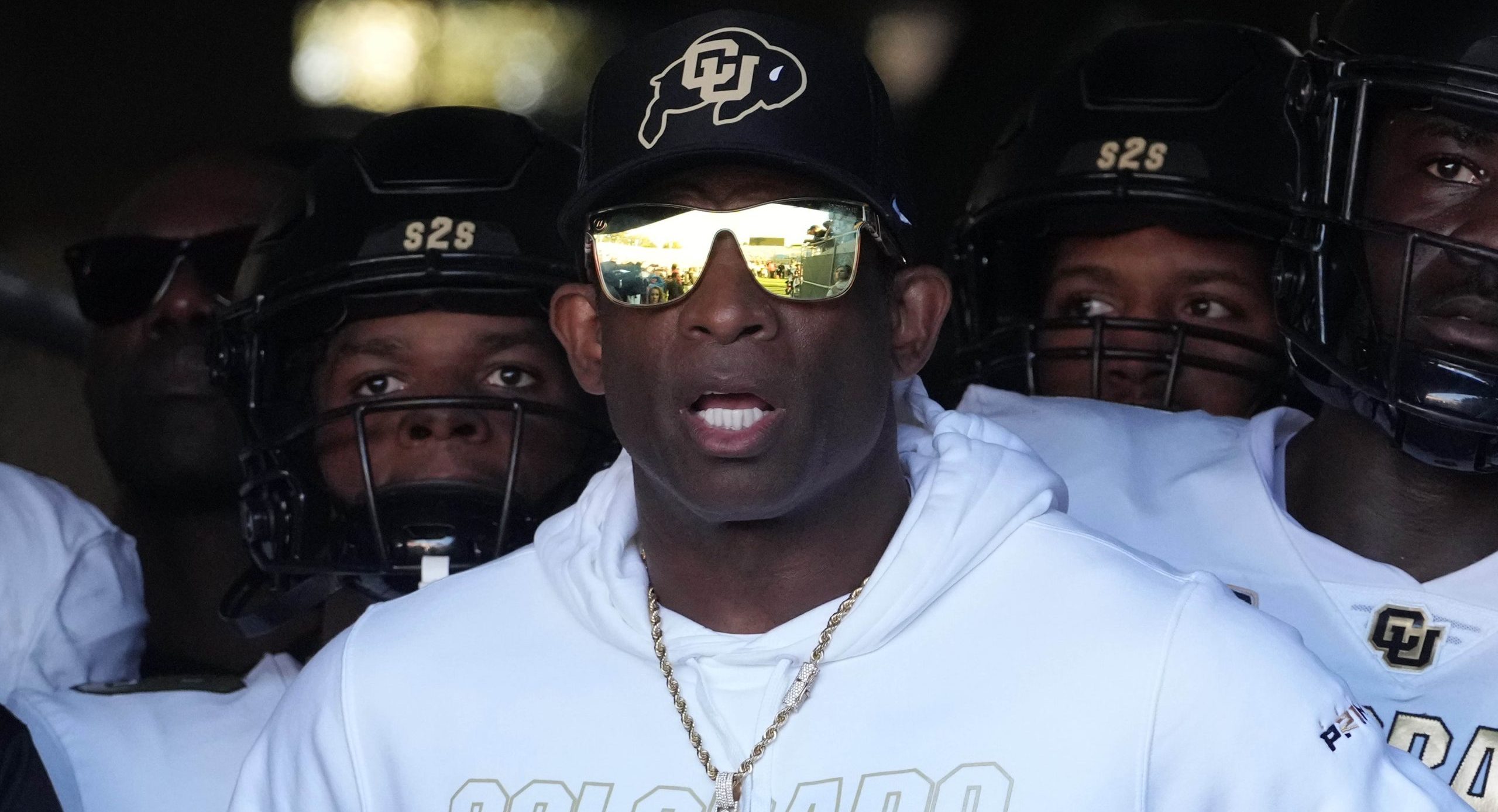This story contains discussion of sexual assault. The National Sexual Assault Hotline can be reached at 1-800-656-4673, or online at rainn.org.
Mistakes happen at all levels of journalism. And a single mistake doesn’t necessarily destroy a story, its author, or its publication. But mistakes get more important when they’re undisputed factual errors rather than misspellings or arguments of interpretation. And one of the most credibility-damaging mistakes imaginable is publishing an actually-false account.
That’s what happened with Rolling Stone with their infamous A Rape on Campus story. That story, written by Sabrina Erdely and published in the November 2014 edition of Rolling Stone, detailed a University of Virginia student’s claims that she was sexually assaulted by several men in 2012 as part of a fraternity initiation ritual. And it led to the university shutting down all fraternities for a time. But attempts to look into it by other media outlets quickly revealed many problems, and the publication eventually fully retracted the story in April 2015.
Several lawsuits also were filed against the magazine in the wake of that story. Those included one from UVA associate dean Nicole Eramo (who won a $3 million award in an extremely rare 2016 finding that a U.S. publication acted with actual malice) and one from the fraternity in question (which was settled for $1.65 million). And A Rape on Campus remains a cautionary tale to this day for many journalists. But Jann Wenner (who founded Rolling Stone in 1967 with Ralph D. Gleason, eventually sold part of it in 2016 and the rest in 2017, and was a key figure there on both the editorial and business sides until leaving for good in 2019) doesn’t see it that way.
This comes from a remarkable new interview with Wenner by David Marchese of The New York Times, with the headline of “Jann Wenner Defends His Legacy, and His Generation’s.” The central focus is theoretically Wenner’s upcoming book The Masters, based on his career-long interviews with seven notable songwriters.
There are no Black or female interviewees amongst those seven. And Marchese gets some remarkable lines from Wenner in an attempt to defend that, including claims that he didn’t include female songwriters because “just none of them were as articulate enough on this intellectual level,” or Black songwriters because they “just didn’t articulate at that level.”
Update: Later on Saturday, Wenner was removed from the board of the Rock and Roll Hall of Fame Foundation, which he co-founded, following these remarks. Our original post continues below:
And Marchese also gets a remarkable admission from Wenner that he let interview subjects see and edit their interviews pre-publication in service of “clarifying what they want to say.” But the most notable things Wenner says are on that UVA story. Here are the key parts of his responses, and one key follow-up question from Marchese:
The University of Virginia story was not a failure of intent, or an attempt to be loose with the facts. You get beyond the factual errors that sank that story, and it was really about the issue of rape and how it affects women on campus, their lack of rights. Other than this one key fact that the rape described actually was a fabrication of this woman, the rest of the story was bulletproof. It wasn’t for recklessness. I mean, we made one of those errors — every publication in the country, including The Times, makes every 50 years at least. You get slammed for it. We took our beating. But it wasn’t indicative of how we operated. It wasn’t an error of being casual with the truth, or trying to stretch it, or mission creep, or anything like that.
…So almost a decade later, there are no lessons that you drew from that experience? In your mind, it’s just wrong place, wrong time? That seems like sort of a glib response.
There are two main things in the story. One was the account of this gang rape given to us by this source, Jackie. That turned out to be a fabrication. Because we didn’t want to identify her, we didn’t demand to meet people to corroborate her story. Our mistake was to let her out of that demand, not wanting to put her through the trauma again. That was one story that ran through the long piece. The other story, having nothing to do with Jackie, was about the handling of rape on that campus by other people — handling rape in general across the country. It was a conscientious, serious attempt to do that issue, and that was like the third piece by that particular individual on sex crimes and one of our second or third pieces about campus rape.
So then the hoax was discovered and we lived with the consequence of that. It was one of the most miserable professional experiences I’ve ever had. I don’t mean to be glib about it, but I don’t feel wholly to blame for this, or that it’s some terrible black mark. I think the lesson I learned is, yes, it does happen to everybody. The other thing is, of course, we could have been tighter. So, you know, there’s a series of circumstances. I can’t pull out the hara-kiri knife for that one.
On one level, yes, many publications have dealt with credibility-threatening issues. But that’s not an excuse for an outlet’s handling of a particular situation. And this one always deserved more care than Rolling Stone took, and they should have been well aware of the potential consequences.
Rolling Stone was not the first outlet to run into a mess like this even in just the field of reporting on alleged sexual assaults on university campuses. In particular, this article came less than a decade after the infamous Duke lacrosse case that started in 2006, which led to several lawsuits against the university and the city of Durham. And while no lawsuit prevailed against a publication there, many outlets’ coverage of that case was highly criticized afterwards, including in 2016 ESPN 30 for 30 installment Fantastic Lies.
With that and more, there definitely should have been incentive to be extremely careful with a story on the subject before publication, including trying to get some level of corroboration of the central figure’s story. (And keep in mind that Rolling Stone coverage of issues like this took major hits even while that UVA lawsuit against them was playing out, including 2016 publication of an article on Derrick Rose’s civil rape trial that they later deleted after admitting it had “substantial flaws.”) And yes, other parts of that Rolling Stone story were not disputed, but the story’s entire credibility took a massive blow (as it should have) given how it was centered on an account that turned out to be a fabrication.
Yes, Rolling Stone‘s failure here fits into a long history of media mistakes. And they got burned by a source’s hoax rather than by a journalist fabricating stories and details, as happened with Jayson Blair at The New York Times and Stephen Glass at The New Republic. But “Other than this one key fact that the rape described actually was a fabrication of this woman, the rest of the story was bulletproof” is an unbelievable line from a long-time media figure, with some even comparing it to “Other than that, Mrs. Lincoln, how was the play?” (Which, for the record, is believed to have a 1950s origin.) And hopefully journalistic outlets doing further work on sensitive topics like this will work to ensure their stories are actually “bulletproof,” with no key facts that are fabrications.
[The New York Times; image of Wenner from a 2022 interview he did on CBS Mornings]







